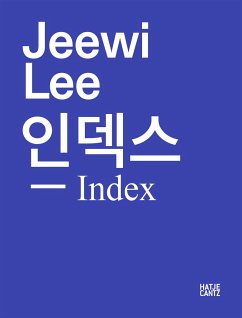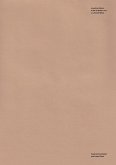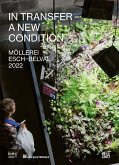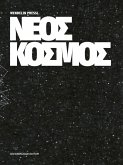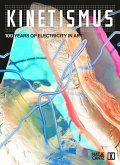Jeewi Lee is interested in all the traces-the intimate imprints and distinctive markings-that we leave behind and that inhabit the spaces surrounding us. Abstract compositions of rescued stories, worn-out pavements and stripped down wallpapers, cut out floors, grains of sand that have traveled millions of years around the world, coffee stains or burnt wood. These traces, both human and historical, become vessels of stories and memories, inscribed on various materials, bearing witness to the past, present, and future.
This publication offers a comprehensive exploration of the manifold tracings of the Berlin-based Korean artist over the past decade. It provides insight into her highly conceptual way of working and unveils previously unseen documentation of her deeply personal process of creation.
JEEWI LEE (_1987, Seoul) is a Berlin-based South Korean-German artist. She studied painting at the Berlin University of the Arts and at Hunter College University in New York, graduating in 2014 with a master in fine arts and since 2018 holds an MFA from the postgraduate program Art in Context. Her multidisciplinary practice encompasses site-specific installations and interventions, video and image series that predominantly deal with traces that question our visual perception, while also reflecting their own production process.
This publication offers a comprehensive exploration of the manifold tracings of the Berlin-based Korean artist over the past decade. It provides insight into her highly conceptual way of working and unveils previously unseen documentation of her deeply personal process of creation.
JEEWI LEE (_1987, Seoul) is a Berlin-based South Korean-German artist. She studied painting at the Berlin University of the Arts and at Hunter College University in New York, graduating in 2014 with a master in fine arts and since 2018 holds an MFA from the postgraduate program Art in Context. Her multidisciplinary practice encompasses site-specific installations and interventions, video and image series that predominantly deal with traces that question our visual perception, while also reflecting their own production process.

